Exploring New Ways to Heal Depression
Ask a middle school student today if they remember life without the Internet and they will answer, “No.” They have no recollection of using an encyclopedia or card catalogue as their main source of information. In fact, they probably can’t even fathom searching the newspaper for movie times or having to listen to the radio to find out when a favorite band is coming to town. To them, life without the Internet is a foreign concept. This is how I think most of us are when it comes to illnesses. Whether they are physical (strep throat, headaches) or mental (depression, anxiety), most of us are incapable of considering the variety of treatment options possible. It has become the norm for us to do the same thing anytime something is “wrong” with us: we see a doctor, take medicine/get a shot/get an X-ray/etc., and wait for everything to get better.
Oftentimes we follow this same pattern when it comes to the more illusive psychological aliments with the only possible divergence from our usual routine being that we possibly throw in some psychotherapy or a self-help book. I’m not saying anything is wrong with this formula. When I realize that strep throat is settling in yet again, I run to the first urgent care clinic I can for an antibiotic script. Even so, it’s good to challenge your standard operating procedures every now and then and at least consider other options. Fortunately, there are a wide variety of alternative therapies available even for something such as depression.
Below are snapshots of these treatments methods.
Herbal Remedies. Herbs have been used for thousands of years to treat illnesses. Some of the common herbs used to treat depression include: St. John’s Wort, Ginko Biloba, Lavendar, Valerian Root, Ginseng, Amino Acid Supplements, and 5-HTP.
Vitamin and Mineral Therapy. Many people take vitamins and minerals but this alternative treatment may involve taking a wider variety of vitamins/mineral as well as taking different doses than the recommended amount shown on the bottle.
Acupuncture. This is an ancient Chinese method of healing that prevents and cures specific disease and conditions. The technique involves sticking very fine, solid needles into specific points on the body which prompts the body to produce chemicals that decrease or eliminate painful sensations. The theory is that it stimulates the body’s ability to resist or overcome illnesses and conditions by correcting imbalances.
Exercise. If you read last week’s article you know why exercise is a “super activity.” Consistent and adequate exercise can do wonders for the body; not just on the superficial level (size 6 jeans) but in other, less visible ways. Exercise reduces stress and strengthens neurons; both good things when treating depression.
Reflexology. Reflexologists, like many other natural health practitioners, believe that the body has the capacity to heal itself. In this therapy, nerves related to various parts of the body are manipulated by applying pressure to specific points on the hands and feet. Through this it is thought that the healing process is stimulated.
Meditation. Meditation has been around for thousands of years and is a relatively uncomplicated – in theory if not in practice – treatment option. Through meditation, a person learns to focus on their breathing and becomes aware of their thoughts. Although one doesn’t usually stop thoughts from happening, in meditation a person learns to let the thoughts be, without reacting to them. This alone can be quite powerful since most people in the Western world tend to “live in their head” and become entrenched in their thought patterns.
Art Therapy. Art therapy is exactly what it sounds like: therapy using art. Art therapy uses a combination of therapeutic techniques along with various art techniques and materials (clay, paints, and chalks) to help people express and heal themselves.
Biofeedback/Neurofeedback. This treatment relies on sensitive computers that are able to “read” a person’s various internal states. Patients who receive this treatment receive information on how their body responds to certain thoughts, activities, and beliefs. Using this information, patients are then taught how to manage their body reactions. For example, let’s say that, through biofeedback, I learned that my heart starts racing and my mind becomes overly active when I encounter dogs. My therapist would teach me how to control my body reactions so that when I encounter dogs I am better able to handle it.
Emotional Freedom Therapy/EFT. This relatively new therapy is based on the fact that our bodies are composed of energy. Disruptions in our energy fields cause problems and, according to EFT, healing can occur by tapping on established energy meridians while at the same time thinking of negative emotions.
Alternative therapies for depression are becoming more popular due in part because of the adverse side effects of traditional anti-depressant medications. Even if you aren’t “in the market” for new ways of approaching depression; consider the multitude of solutions available for any ailment that you may encounter. After all, if the Internet breaks down, it’s good to know how to use an encyclopedia. 🙂

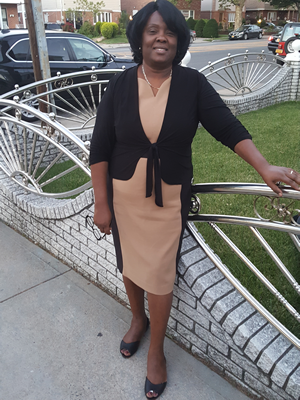
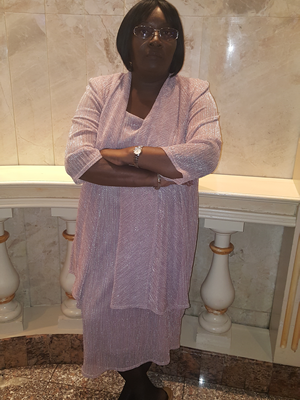
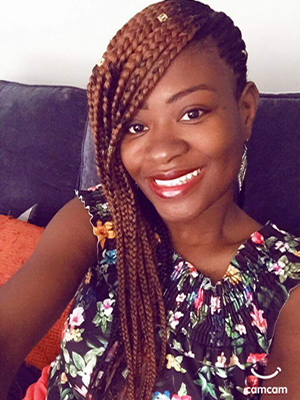
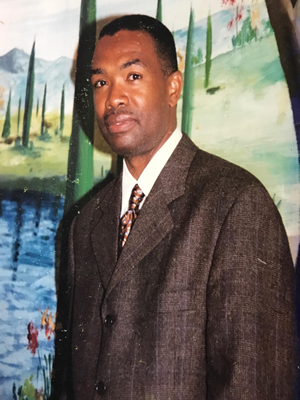
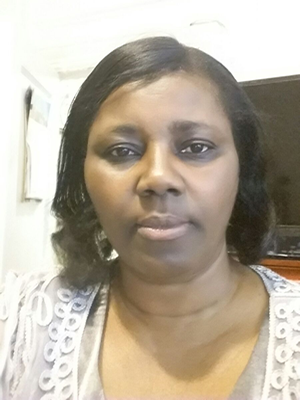
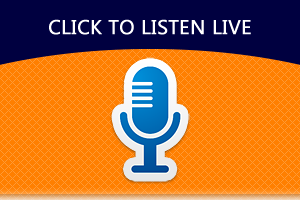






 Hits Today : 578
Hits Today : 578 Total Hits : 972750
Total Hits : 972750 Who's Online : 1
Who's Online : 1